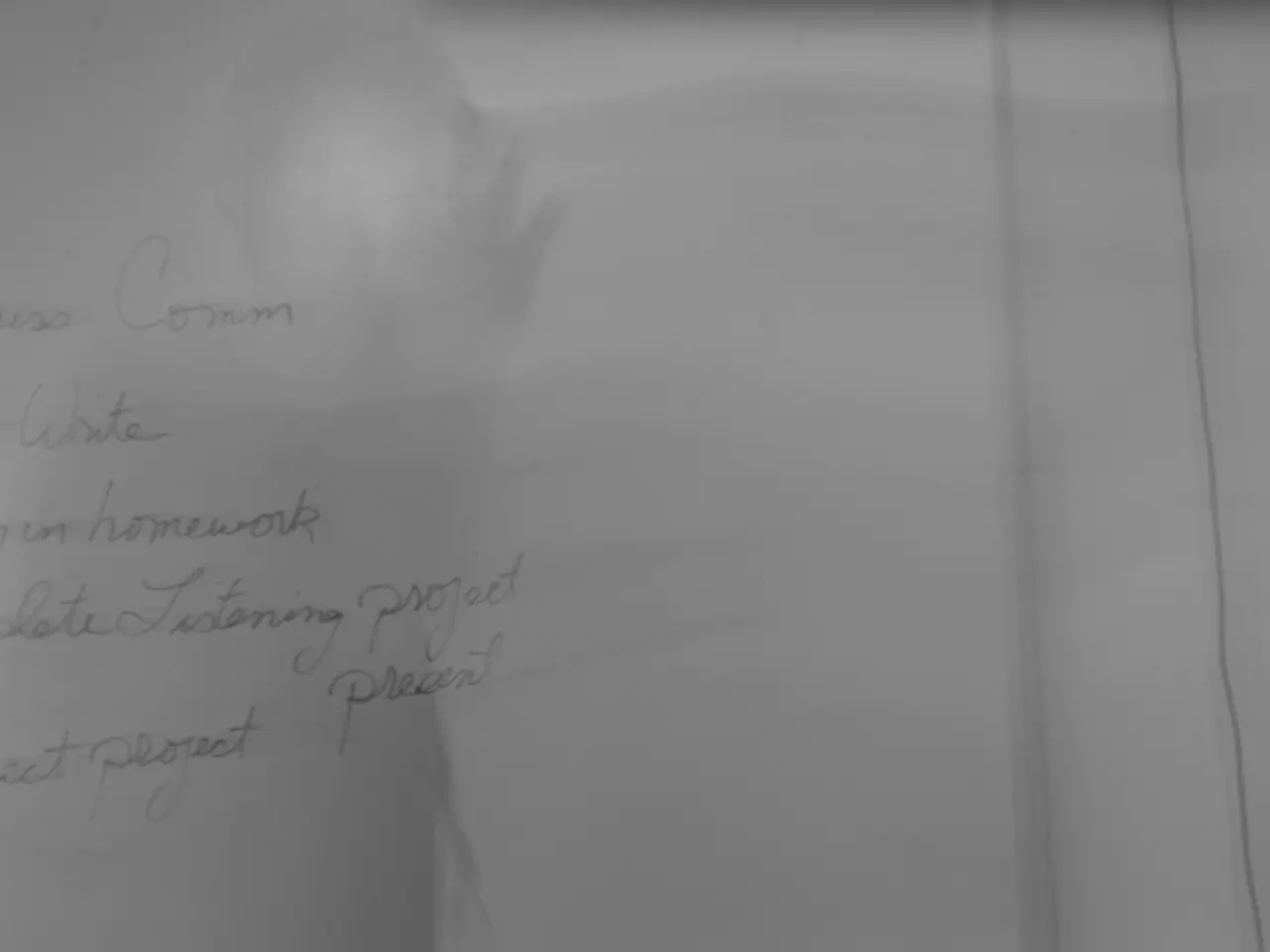Democrats urged for increased unity: Baerbock's appeal
Annalena Baerbock, the former Foreign Minister of Germany, has embarked on a new chapter in her career, moving to the United Nations (UN) to serve as President of the General Assembly (UNGA) for a year starting in early June. This significant step in her international career places her in a prominent multilateral leadership position, symbolising a continuation of her diplomatic career with a focus on multilateralism amid global challenges.
Baerbock's election to the UNGA presidency at the age of 44 marks a milestone in her political journey, which began in 2004 as a trainee during the EU's eastern expansion. With a master's degree in international law and a 12-year tenure in the Bundestag and 20 years with the Brandenburg Greens, Baerbock brings a wealth of experience to her new role.
Before her move to New York, Baerbock gave a farewell speech in Potsdam, expressing pride in the growth of the Green party with all its quirks. In her speech, she emphasised the importance of unity among democrats and called for more unity in politics, while stressing that disagreement should always be respectful and in the spirit of democracy.
Baerbock's presidency of the UNGA comes amidst challenges in international cooperation and multilateralism, with critics questioning the UN's efficacy, particularly in the Security Council. However, Baerbock's leadership role in such a context implicitly involves advocating for multilateral unity and cooperation, which is central to the UN's mission.
As a politician from a democratic European country and a member of a party known for progressive and green policies, Baerbock's international career aligns with democratic values and human rights advocacy. However, her leadership is met with polarized opinions reflecting the complex geopolitical tensions surrounding the UN today.
In addition to her focus on unity and multilateralism, Baerbock has also spoken out against online hate storms, warning of potential consequences such as a turn away from politics and fear of expressing opinions. She suggested that not every trending topic online needs to be the focus of attention, emphasising the importance of real life happening in various settings such as schools, sports clubs, and workplaces.
Baerbock's new position at the UN General Assembly is not to be confused with that of UN Secretary-General António Guterres. Her role is a symbolic one that can influence public discourse and shape negotiations on global crises, making her presidency a significant opportunity to shape the future of international relations.
As Baerbock settles into her new role, she is poised to navigate the complex geopolitical landscape and lead the UNGA in promoting unity, democracy, and international cooperation. With her background in diplomacy and politics, Baerbock is well-equipped to tackle the challenges ahead and make a meaningful impact on the global stage.
Baerbock's presidency of the UN General Assembly, characterized by her focus on unity and multilateralism, falls within the realm of policy-and-legislation as she aims to shape negotiations on global crises. This new role, stemming from her extensive background in politics and diplomacy, puts her at the forefront of general-news discussions, offering insights into the evolving landscape of international relations.







